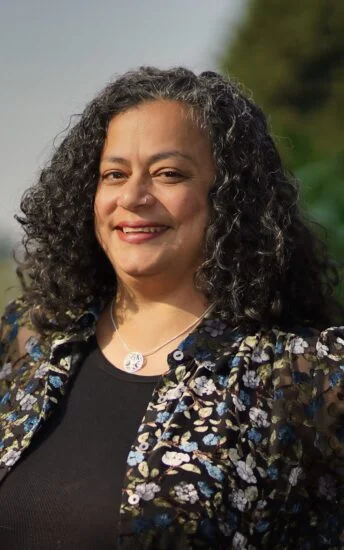Introduction to Religious Education

This course provides a broad introduction to the theory and practice of liberal religious education, with an emphasis on Unitarian Universalist congregations.
Topics include:
• An overview of the history and philosophy of Unitarian Universalist children’s religious education ministry.
• Theories of human development.
• An understanding that the congregation is an educating community.
• Current approaches and innovations in religious education for children and youth including multigenerational ministries and worship-centered models.
• Multigenerational congregational life in a post Covid 19 lockdown world.
• An understanding of how to be inclusive of neurodivergent folks.
• Collegial relationships and professional standards for religious educators, and curriculum resources.
This course emphasizes ministering to children, youth, and families.
Coursework includes weekly journaling, periodic written assignments, responsibility for leading class openings and discussions, and a final project of significance to the student’s future ministry.
Field Study Observation and Reports—Each student will attend three church services (online or in person) geared for families. The three will be from different Christian denominations- Catholic, United Church of Christ and Lutheran (preferably ELCA). Research services in your area (if you will attend in person) or online that are either explicitly family services, or are publicized as welcoming for all ages.
I will assign a series of questions for reflection about each of the services.
This is not a complete or comprehensive description, it is an overview. I may change/edit coursework and assignments as needed.
Online Synchronous.
Suitable for MDiv, MASC, and Certificate students. Relates to Thresholds: 7 – Educating for Wholeness and Liberation; 1 – Life in Religious Community and Interfaith Engagement and MFC competencies: 3 – Spiritual Development for Self and Others; 5 – Leads the Faith into the Future.
Max enrollment: 20. Auditors excluded.
